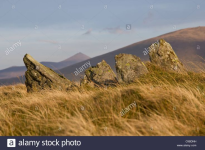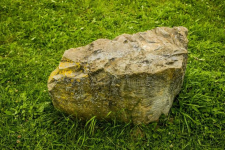AwkwardlySet
On-Duty Critic
- Joined
- Jul 24, 2022
- Posts
- 4,133
And all of those statues have specific, defined sizes.It's not just a matter or alteration, it's altered for a purpose.
I'm not sure what you are saying about size. There are stone statues (have you ever heard anyone say "rock statue?") that are massive, such as the Easter Island Moat, or the giant Buddha statues found in many places in Asia.
Also, a river alters the stones for a purpose?
When humans cut through rock to build a road, they shape that rock for a purpose, I imagine, but it stays rock. Your definition is incomplete.

